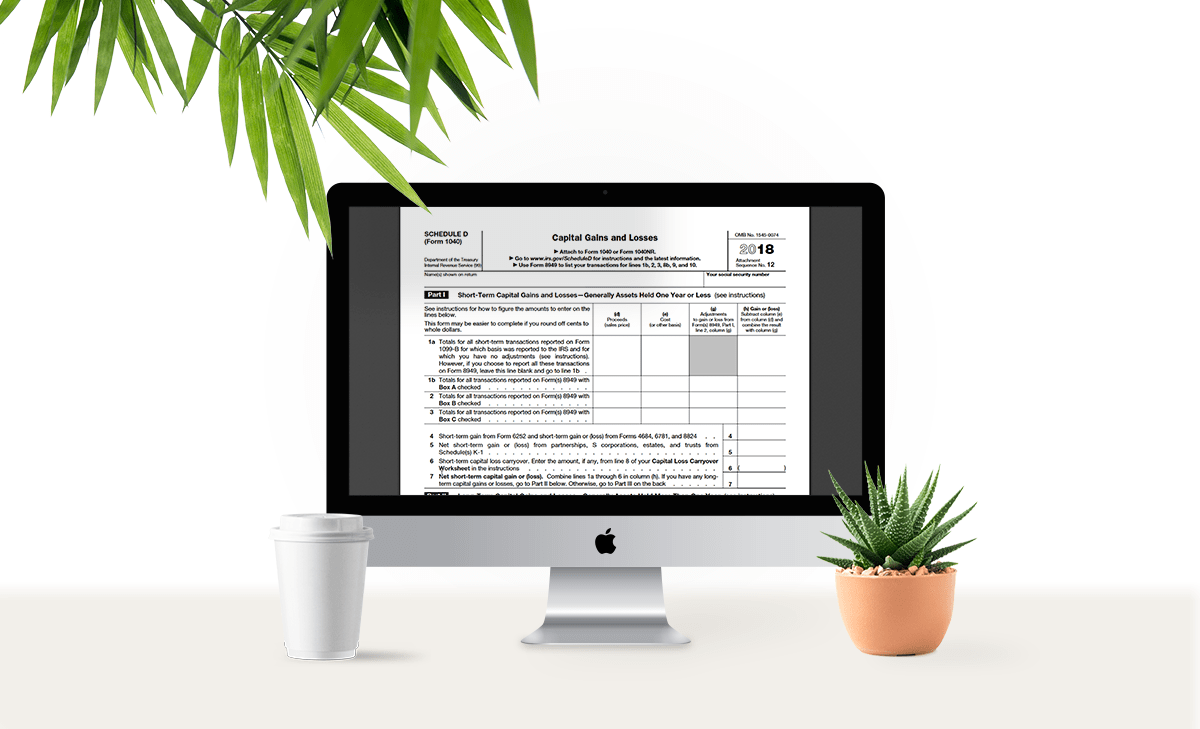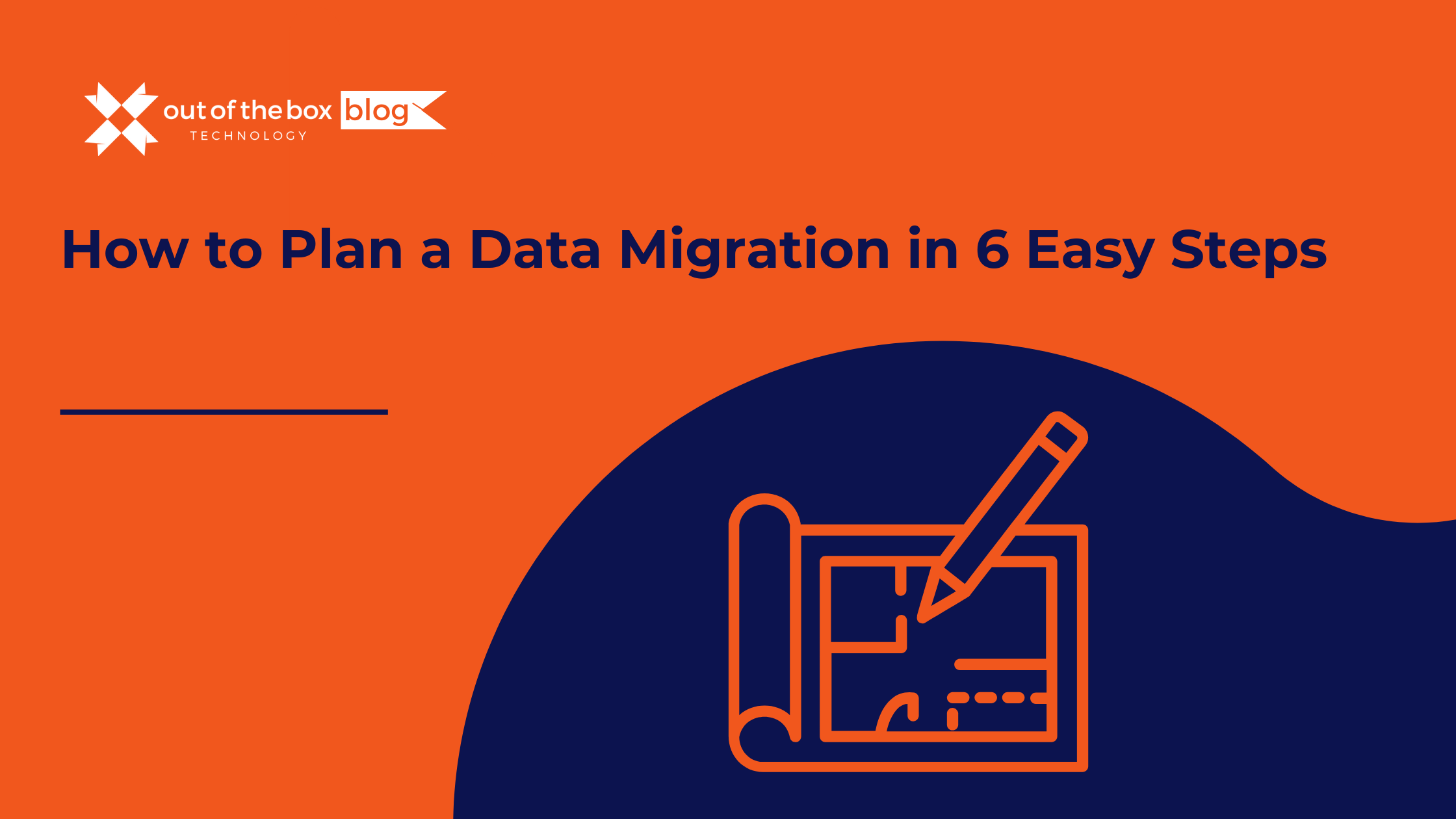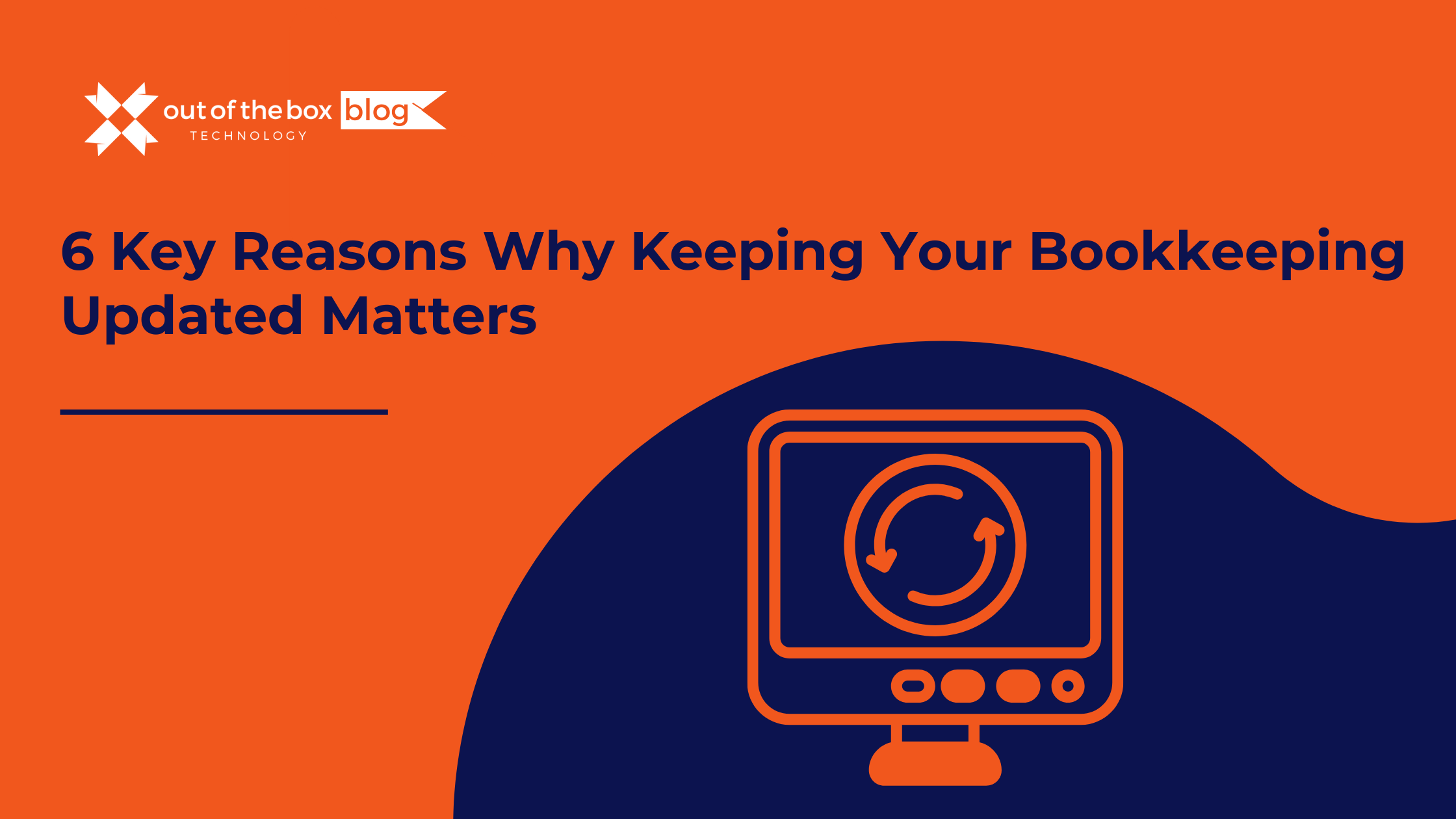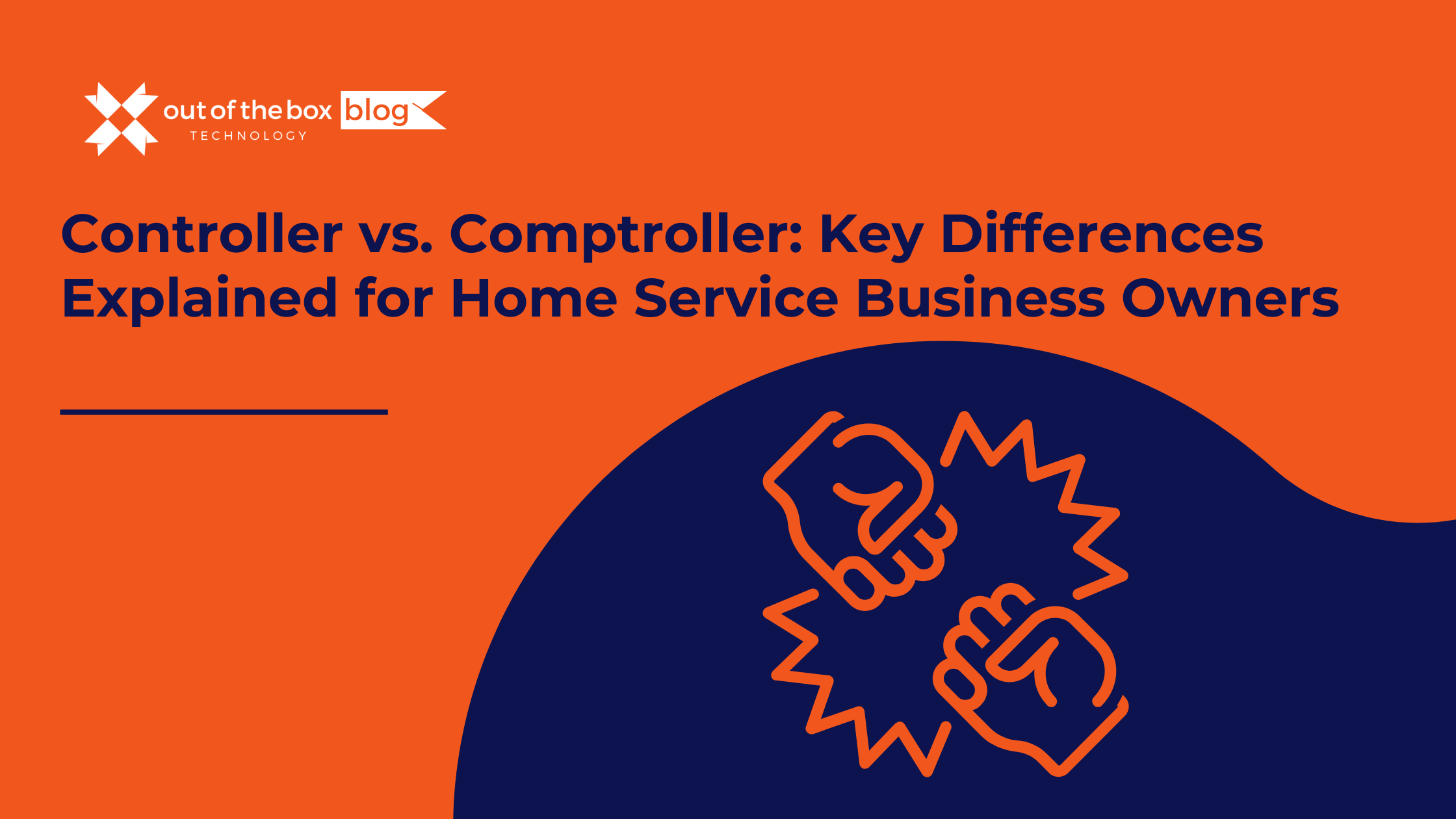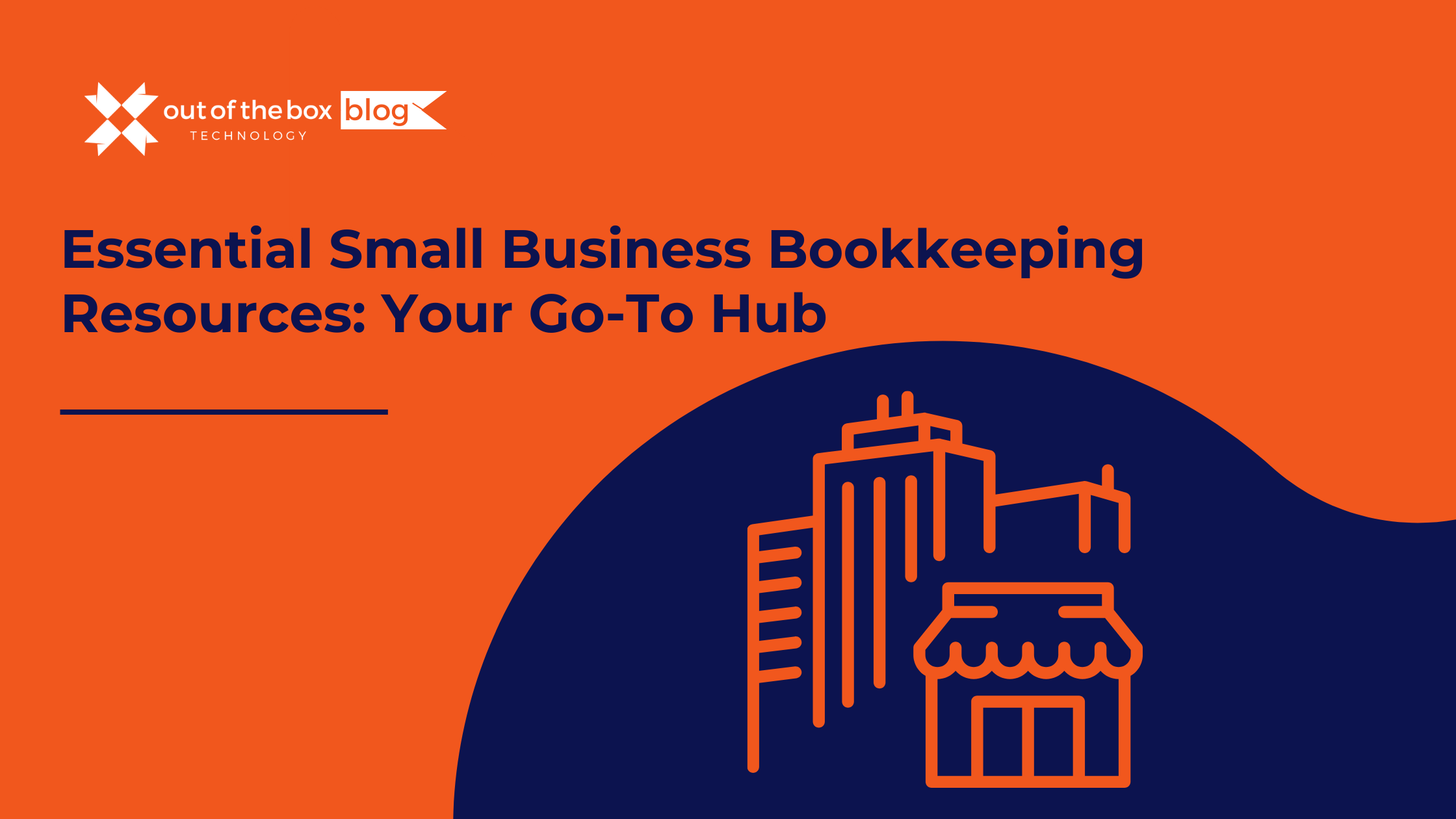As the driving force in today’s economy, small businesses benefit from numerous tax breaks in the tax code. One of these, the Qualified Small Business Stock (QSBS), was made permanent by the PATH Act (Protecting Americans from Tax Hikes Act of 2015). If yore a small business investor, hers what you need to know about this often-overlooked tax break.
What is the Qualified Small Business Stock Exclusion?
Sometimes referred to as Section 1202 (after Section 1202 of the Internal Revenue Code, the PATH Act made permanent for taxpayers (excluding corporations) the exclusion of 100 percent of the gain on the sale or exchange of qualified small business stock (QSBS) acquired after September 27, 2010, that is held longer than five years.
Two tax provisions apply to gain from the sale or trade of qualified small business stock. Taxpayers may qualify for a tax-free rollover of all or part of the gain, or they may be able to exclude gain from income.
Qualified stock must also meet the active business test, and it cat be an investment vehicle or an inactive business. A corporation meets this test for any period of time if, during that period, both the following are true:
- It was an eligible corporation, defined below.
- It used at least 80 percent (by value) of its assets in the active conduct of at least one qualified trade or business.
Further, QSBS gain excluded from income is not subject to the 3.8 percent Net Investment Income Tax from capital gains (and other investment income) on high-income taxpayers.
Qualified Small Business. The definition of a qualified small business under the IRS varies; however, examples of businesses that do NOT qualify include, but are not limited to:
- A regulated investment company,
- A real estate investment trust (REIT)
- One involving services performed in the fields of health, law, engineering, architecture, accounting, actuarial science, performing arts, consulting, athletics, financial services, or brokerage services;
- Any business of operating a hotel, motel, restaurant, or similar business.
- Any farming business (including the business of raising or harvesting trees).
What is Qualified Small Business Stock (QSBS)?
Qualified small business stock is stock that meets all of the following tests:
- It must be stock in a C corporation.
- It must have been originally issued after August 10, 1993.
- The corporation must have total gross assets of $50 million or less at all times after August 9, 1993, and before it issued the stock. Its total gross assets immediately after it issued the stock must also be $50 million or less.
- When figuring the corporatios total gross assets, you must also count the assets of any predecessor of the corporation. In addition, you must treat all corporations that are members of the same parent-subsidiary controlled group as one corporation.
- You must have acquired the stock at its original issue, directly or through an underwriter, in exchange for money or other property (not including stock), or as payment for services provided to the corporation (other than services performed as an underwriter of the stock). In certain cases, your stock may also meet this test if you acquired it from another person who met this test, or through a conversion or trade of qualified small business stock that you held.
- The corporation must have met the active business test, defined next, and must have been a C corporation during substantially all the time you held the stock.
- Within the period beginning two years before and ending two years after the stock was issued, the corporation cannot have bought more than a de minimis amount of its stock from you or a related party.
- Within the period beginning one year before and ending one year after the stock was issued, the corporation cannot have bought more than a de minimis amount of its stock from anyone, unless the total value of the stock it bought is five percent or less of the total value of all its stock.
If there are additional questions to this topic, or any other small business topic, feel free to contact us!
